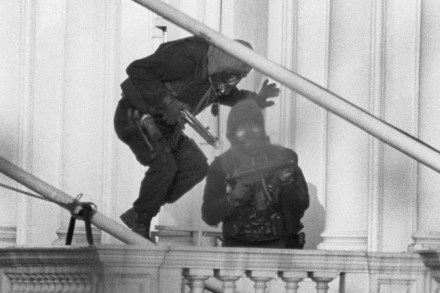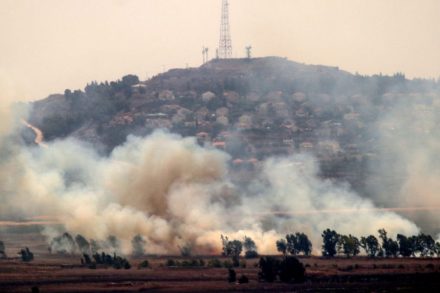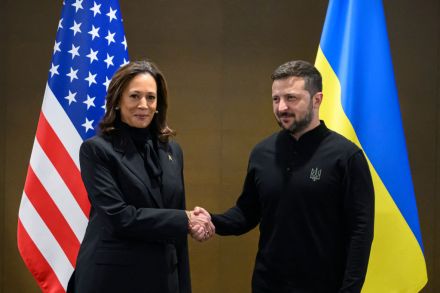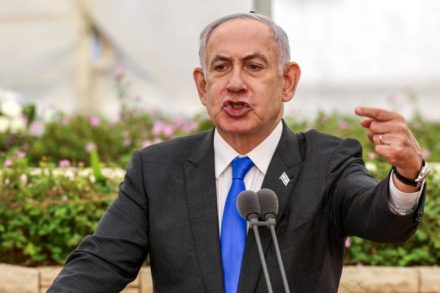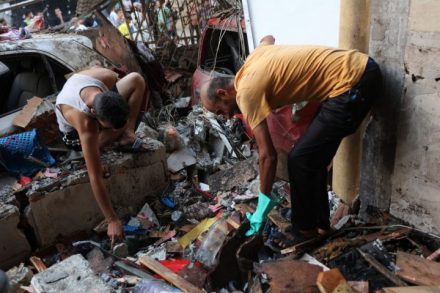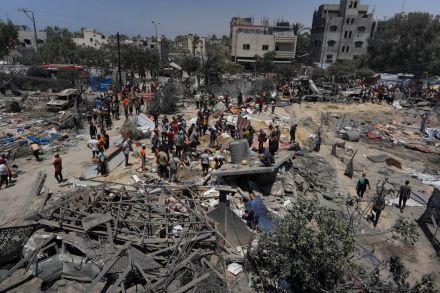Can Israel avoid provoking all-out war with Hezbollah?
Israel has carried out its largest-scale operation against Hezbollah targets in Lebanon since the summer war of 2006. Wave after wave of Israeli aircraft struck at 1,600 targets across Lebanon yesterday with the aim of targeting Hezbollah weapons stores. Nearly 500 people were killed, according to figures issued by the Lebanese authorities. After nearly twelve months of controlled escalation on Israel’s northern border, we are now potentially on the cusp of all-out war. Israel’s purpose in increasing the pressure on Hezbollah and Lebanon is to drive a wedge between the various components of the Iran-led regional alliance currently engaged against it. Hamas, a junior client of Tehran, launched the 7 October


